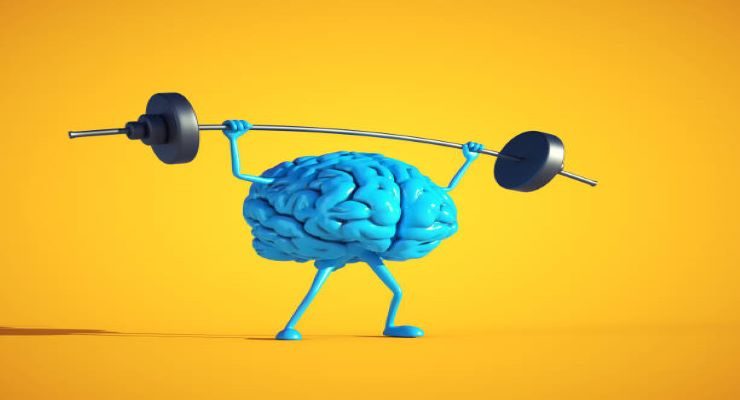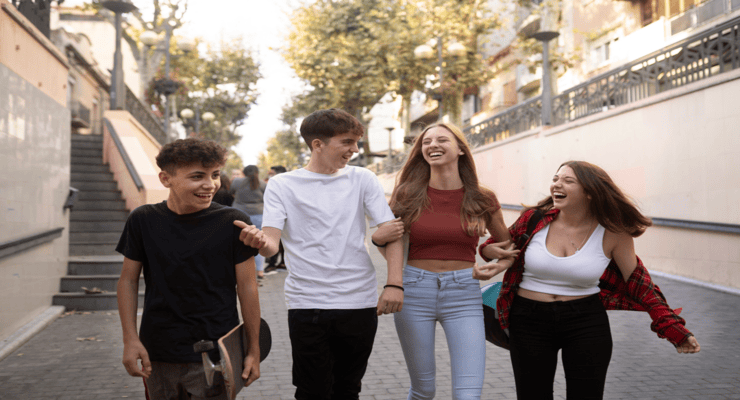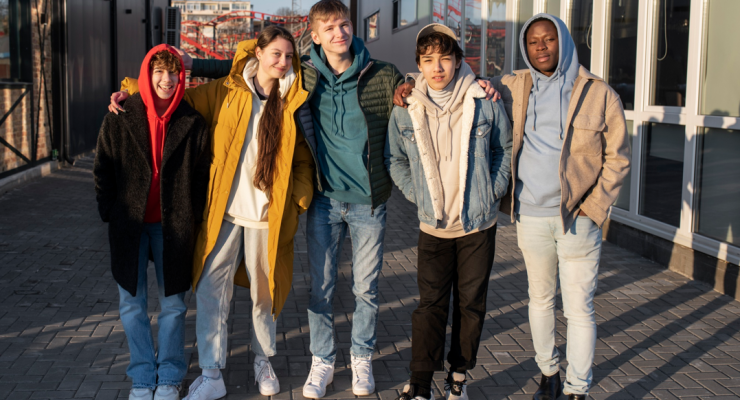There are many free resources available to support secondary PSHE teaching and the below are some examples. Their inclusion does not mean that we are necessarily endorsing them, as the school will be best placed to decide which resources are appropriate.
We would be delighted to hear about any other free PSHE resources that you have found helpful. Please let us know by emailing: steve.davis@n-somerset.gov.uk






